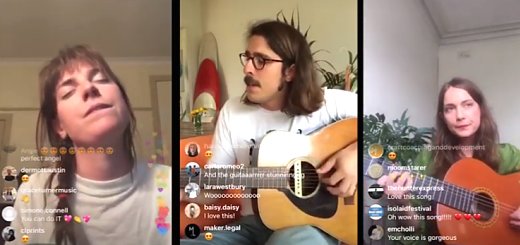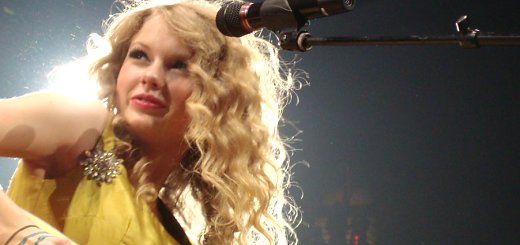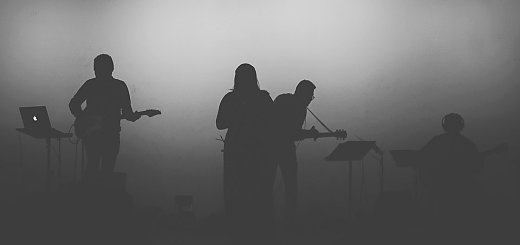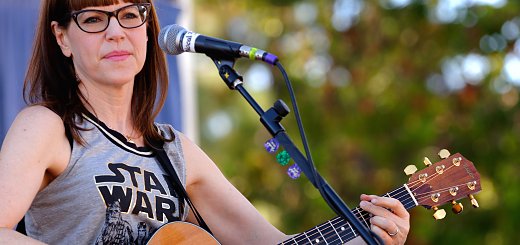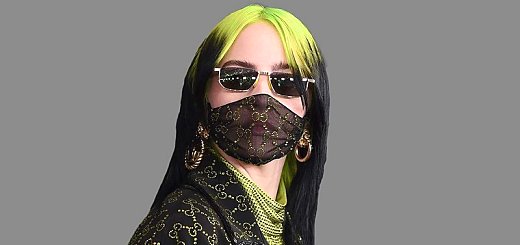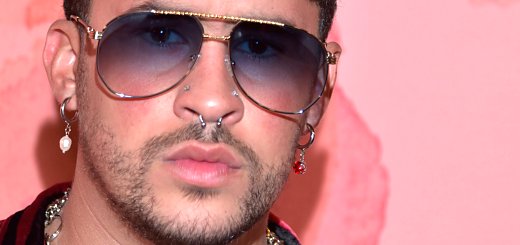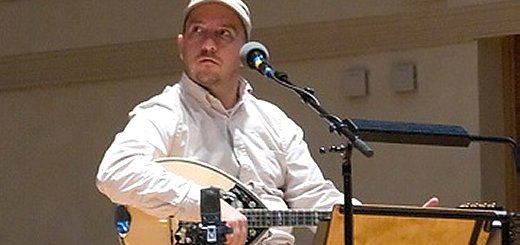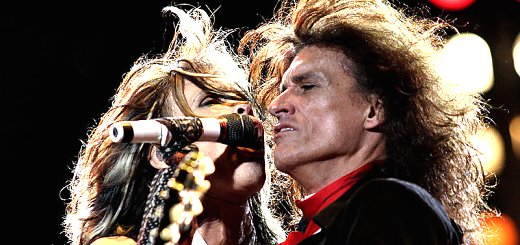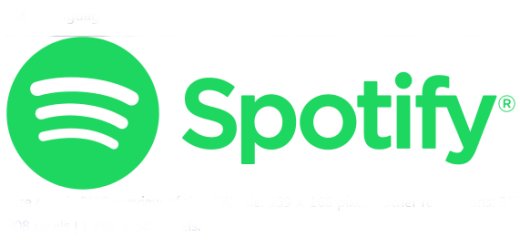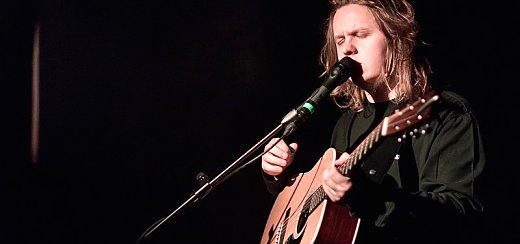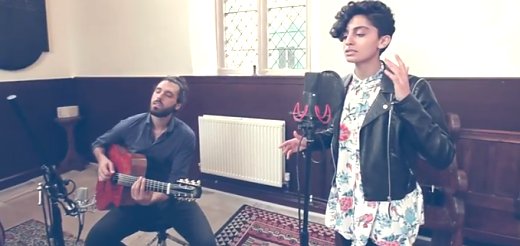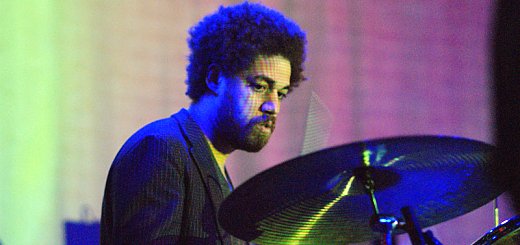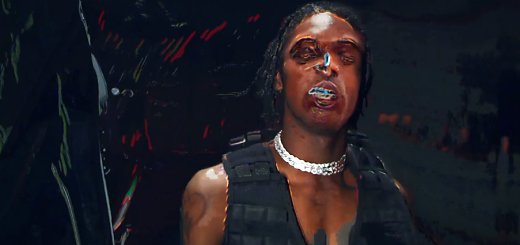In the time of epidemic humans turned to singing - expressing an eternal need for harmony
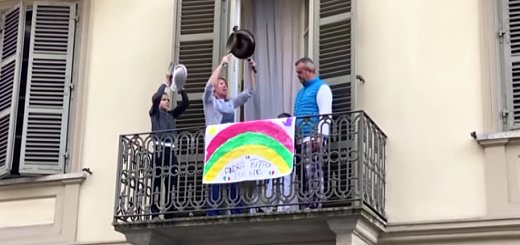
A clever and optimistic thought in the Guardian, about humans in the time of stress: "Faced with the stresses and difficulties of the coronavirus outbreak, it should come as no surprise that so many people have found a response to the pandemic in music. Our bodies may be doing the right and responsible thing by remaining at home, but our minds are not so easily locked down. Things eternal still need to burst forth somehow, and in the face of the Covid-19 virus, music has become one of humankind’s most defiant public assertions that life must continue in harmony".

